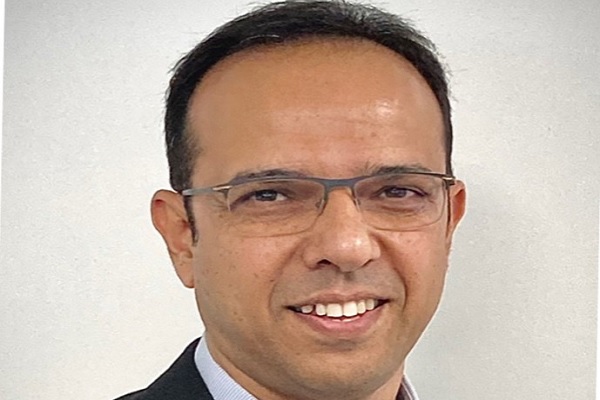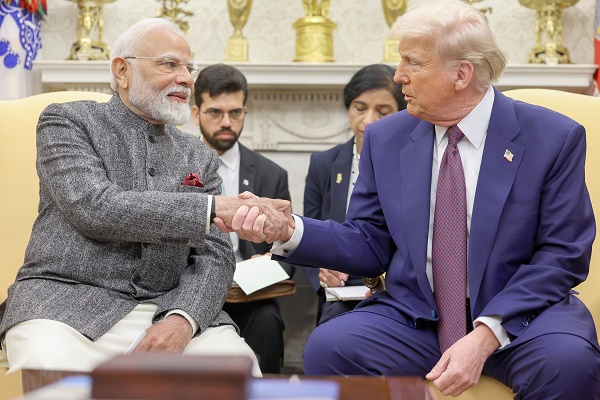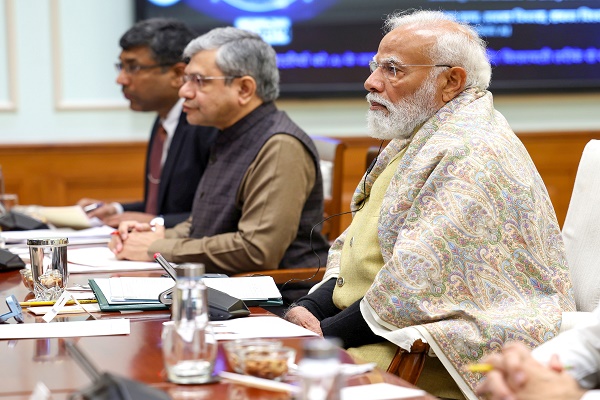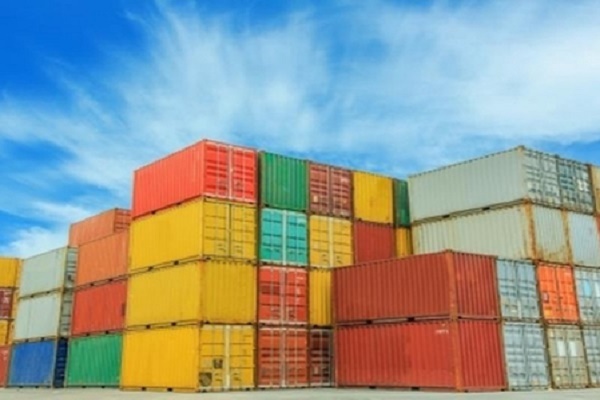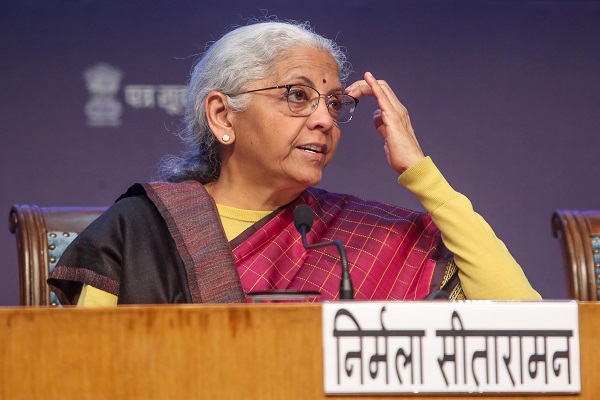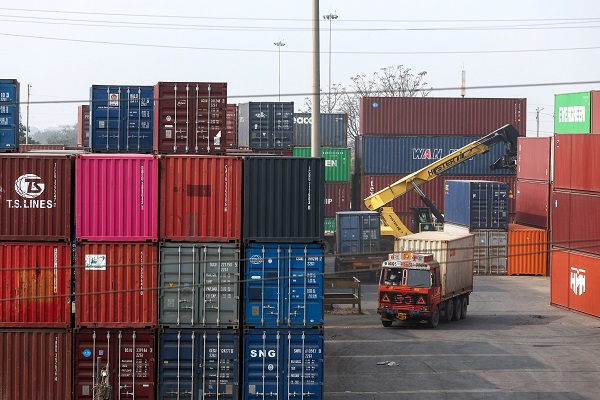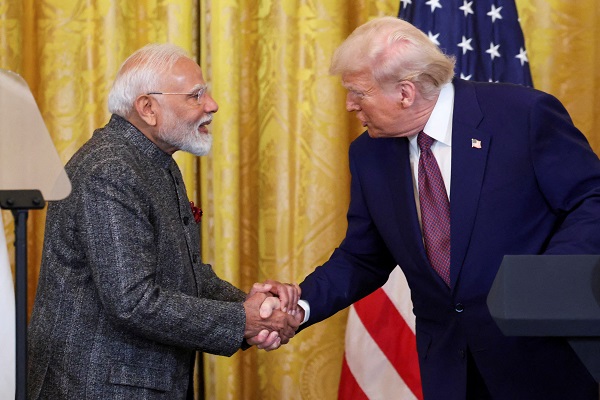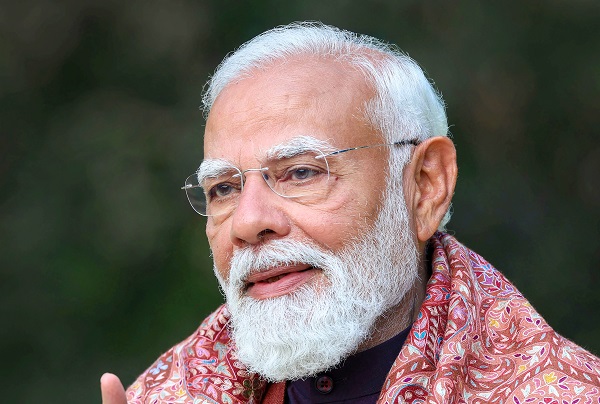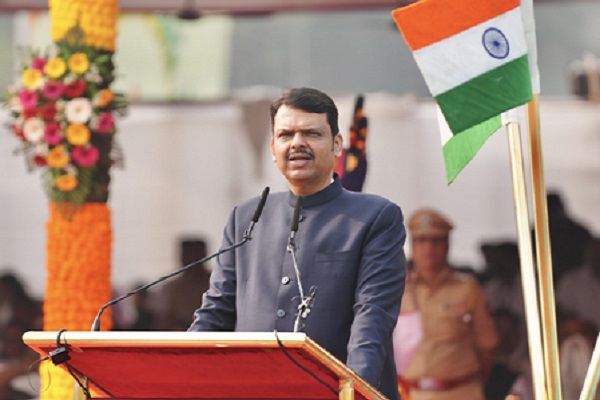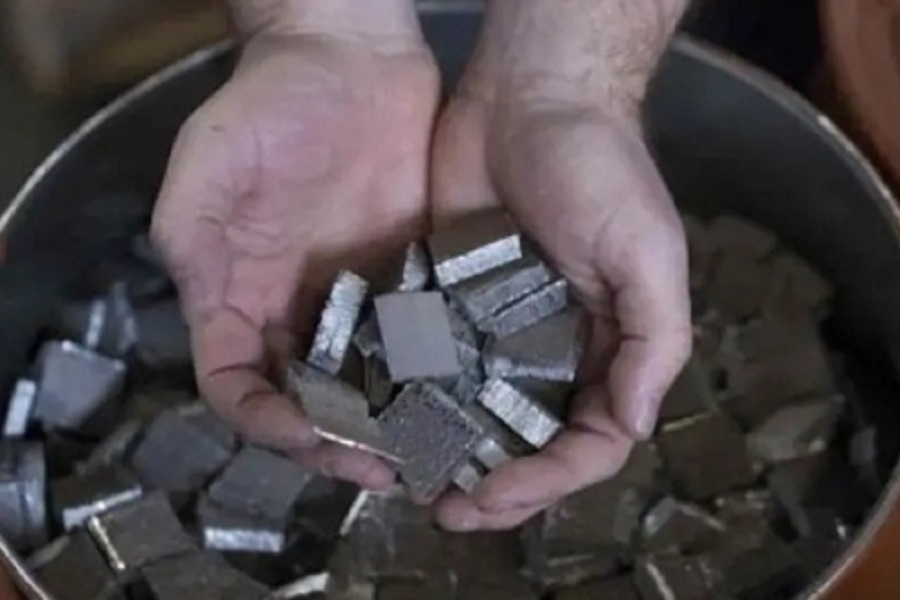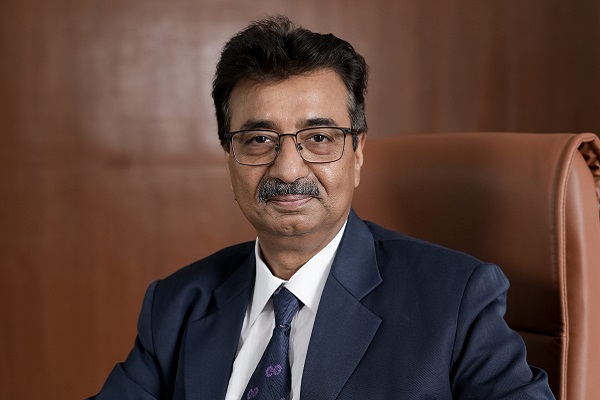KABIL inks pact with CSIR-NGRI to bolster critical mineral projects
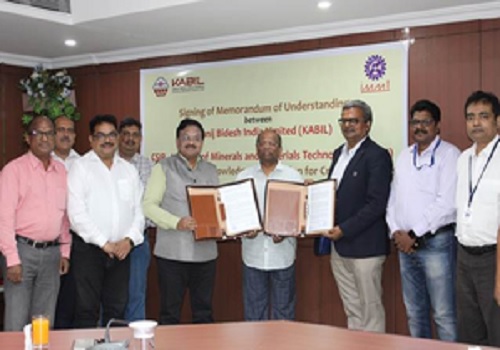
Khanij Bidesh India Limited (KABIL) signed a Memorandum of Understanding (MoU) with the Council of Scientific and Industrial Research - National Geophysical Research Institute (CSIR-NGRI) to foster a long-term collaboration in the field of geophysical investigations to bolster its ongoing projects and activities in critical and strategic minerals.
The collaboration will focus on geophysical, geochemical, and geological surveys, data analysis, interpretation and modelling, scientific knowledge sharing, technical support, and advisory services.
The MoU was signed by Sadashiv Samantaray, Director (Commercial), NALCO & CEO, KABIL, and Dr. Prakash Kumar, Director, CSIR-NGRI, in the presence of Sridhar Patra, CMD, NALCO & Chairman, KABIL, at NALCO corporate office here.
Patra said that this collaboration will pave the way for driving innovation and actionable insights towards the ongoing KABIL projects.
KABIL is a joint venture company of three public sector undertakings -- National Aluminium Company Limited (NALCO), Hindustan Copper Limited (HCL), and Mineral Exploration and Consultancy Limited (MECL), under the administrative control of the Ministry of Mines.
The company has stepped up the exploration of critical minerals such as lithium, chromium, nickel, graphite, cobalt, titanium, and rare earth elements (REE). Currently, the extraction of these minerals is dominated by a few countries such as China, which makes the supply chain vulnerable to geopolitical uncertainties.
Critical minerals are required in sectors like electronics, electric vehicles, renewable energy, defence, high-tech telecommunications, agriculture, pharmaceutical, and the creation of gigafactories.
These minerals are in high demand, which is met mainly by imports.
The future global economy will be underpinned by technologies that depend on these critical minerals and India has committed to achieving 50 per cent of cumulative electric power installed capacity from non-fossil sources by 2030.
The ambitious plans for energy transition are set to drive the demand for electric cars, wind and solar energy projects, and battery storage systems, thereby increasing the demand for these critical minerals.
